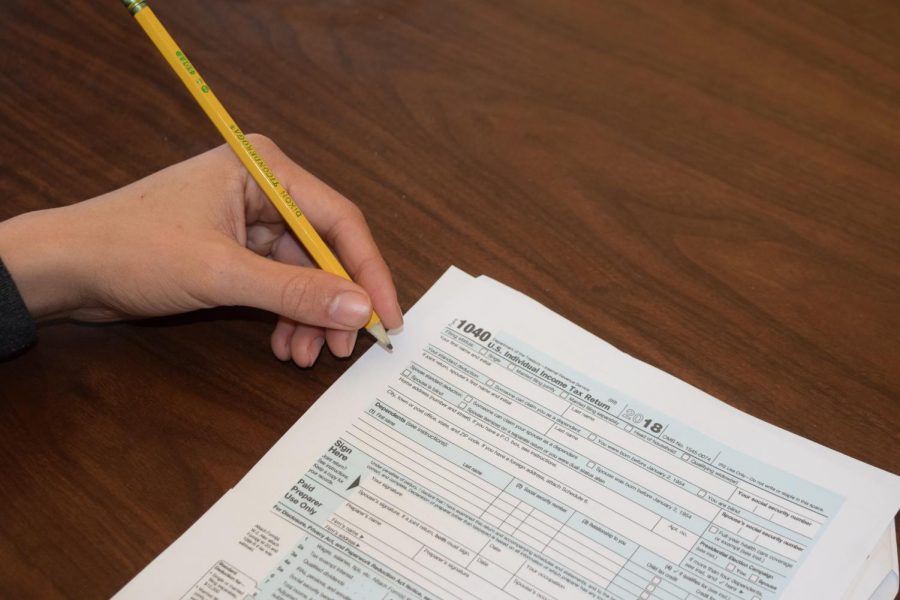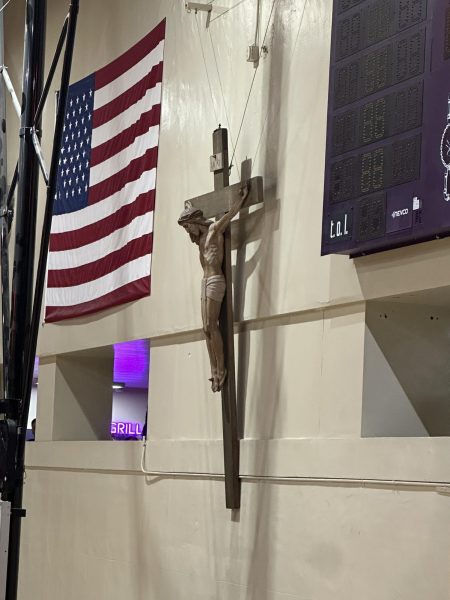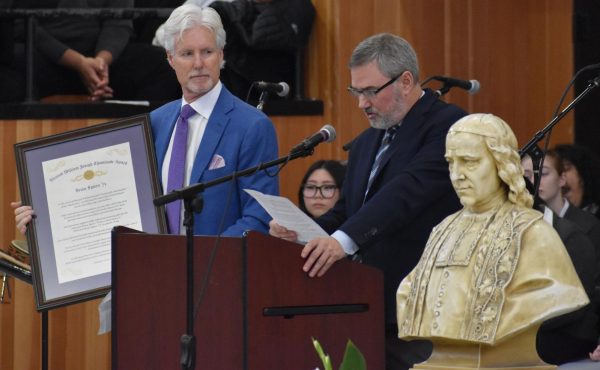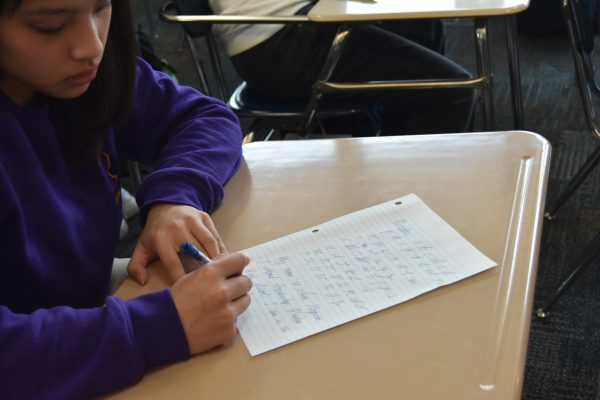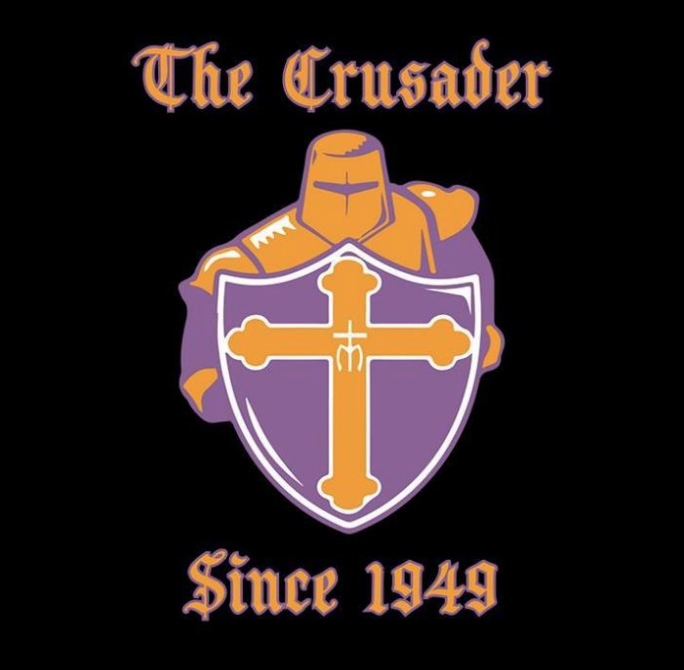Financial course to teach smart savings
One of the goals of the proposed financial course for high school students is to teach them how to fill out tax forms.
March 26, 2019
High School students spend a lot of time working hard and studying important subjects that in turn will aid in the preparation for college and the future. These subjects tend to deal strictly with basic school matters, such as English, math, history, and more.
On the other hand, although being able to be grammatically correct and use algebra is important, there are some other tasks that students should have adequate knowledge of. These tasks include how to budget, pay taxes, write checks, etc.
It is important that a student is prepared not only academically, but financially for the real world. The state of California is implementing a financial course for students,as many students who move away for college from their hometown do not have adequate knowledge on how to manage their money.
Financial courses would be an important tool for high school students as they are in the middle ground before being pushed into independence and adulthood. Students will be able to learn the importance of saving money and goal-setting for the future as this can help them in the long run, in case of an emergency where they need the money right away.
Next year, Riordan is offering an Intro to Investing class, which will meet twice a week.
In college, students no longer have the luxury of having their parents pack their lunch, buy their lunch, or cook their meals. The typical instant noodle diet of college students simply stems from the lack of financial preparation in school.
Finance also plays an important factor in one’s life and many students lack the education on how to budget and tend to spend their money recklessly. Constantly eating out, spending money on material goods, or not budgeting money wisely into groceries, gas, necessities, and savings is a habit of students, because they do not know better.They learn the hard way, when people begin to live paycheck to paycheck with an empty savings account and microwavable dinner from Target.
In this debt, many people rely on their credit cards and fall deeper into debt, which sets them up for failure in the future.
Although being broke in college is laughable in the moment, it is not so entertaining in the future when these students will not be able to buy a house, buy a car, or even invest in retirement, and all they are left with is bad credit and debt.
A financial course could be the change in the future of these students’ lives and teach them how to plan a financially stable future.
Lastly, learning early would mean that good habits are implemented at an early stage inlife. These habits would be hard to break as the years of practice before college will eventually make good financial acts a habit.
Students will have adequate knowledge as to how to handle their money and will not experience as many setbacks when they are older as they will not be entering adulthood and financial planning blindly. They will be able to take the knowledge from high school on how to budget, file taxes, and save money that will set them up for a future of stability.
Enoch Lin ’21 said, “It’s easier to learn it once than to learn it again harshly.” Although some students may not see the value in the program initially, they will realize it later when the knowledge saves them from learning the hard way.


